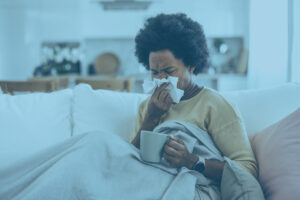We have all heard it before: getting enough sleep is considered a crucial component to all around good health. Despite how important sleep is, many of us tend to fall short on the amount we need. The Centers of Disease Control and Prevention found that approximately 35% of adults get less than the recommended seven hours per night. Lack of sleep doesn’t just make us tired and grumpy, but it can also be associated with many chronic health conditions including: Diabetes, Cardiovascular Disease, Arthritis, Cancer, Asthma, and Depression.
So, how much sleep do we need? The following chart provides sleep recommendations by age.
| Age | Needed Daily Hours of Sleep |
| 4-12 months | 12-16 hours (includes naps) |
| 1-2 years | 11-14 hours (includes naps) |
| 3-5 years | 10-13 hours (includes naps) |
| 6-12 years | 9-12 hours |
| 13-18 years | 8-10 hours |
| 18-60 years | 7 or more hours |
| Source: American Academy of Sleep Medicine and the Sleep Research Society |
Falling short on recommended sleep? Taking steps to improve sleep should include a variety of lifestyle practices known as sleep hygiene. Outlined below are some of the best research based sleep hygiene tips:
- Find Consistency: Aim to keep your sleep and awake times the same each day. Shifts in sleep times can create what is called a “social jet lag”, which can lead to stress and impaired sleep.
- Get Active: Getting enough exercise might just be the best sleep hygiene activity. Aim for 150 minutes of cardio exercise each week and 2-4 days of strength.
- Create a Sleep Environment: Exposure to light during the night can hinder sleep. Keep your bedroom dark by turning out all lights. Consider dark curtains or a sleep mask to help further block out light. Noise, such as pets, music, traffic, and snoring, can also promote wakefulness. Try using some type of white noise or earplugs to help reduce noise exposure.
- Limit or Avoid Substance Use: Substance use, including alcohol, nicotine, caffeine, and cannabis can result in sleep disturbances. One study found that alcohol can hinder the rapid eye movement (REM) stage of sleep. Avoid or limit the use of these substances, especially during the evening hours.
- Minimize Evening Technology: Blue light exposure, most often emitted from smartphones, computers, TVs, and tablets, can interrupt the body’s ability to produce melatonin. Melatonin is a chemical that helps us to fall and stay asleep. Try avoiding exposure to blue light 3 hours prior to bedtime.
In addition to the lifestyle practices mentioned above, there are certain supplements that have been shown to be beneficial for improved sleep. Here are some descriptions of some of these supplements:
- Magnesium: Regulates sleep and hormonal systems. May help reduce leg movements and muscle twitches that are sometimes associated with waking up at night. Can be found in spinach, avocado, nuts, and whole grains.
- GABA (gamma-aminobutyric acid): A natural chemical compound in the brain that inhibits the excitability of brain cells. Improves sleep onset and reduces nighttime urination and morning drowsiness.
- Melatonin: A chemical naturally produced by the brain and released in large amounts in response to darkness. Supplementation can improve the time it takes to fall asleep. Obtaining melatonin from food has also been shown to improve sleep. Found in fish, eggs, and nuts.
- Lemon Balm: A botanical herb that may reduce stress, improve mood and reduce anxiety and thus improve sleep.
- Passionflower: This herbal remedy is used as a sedative and sleep aid. Drinking passisonflower tea may improve sleep in menopause, as well as improvements in sleep within the general adult population.
- Skullcap: A member of the mint family. Used to calm nerves and reduce symptoms of tension and anxiety.
- Vitamin B6: A deficiency in this vitamin could be associated with an increase in psychological distress which could disrupt sleep. Found in animal proteins, potatoes, bananas, and chickpeas.
- Vitamin D: Deficiencies can cause poor sleep quality and duration. Food sources include fish, liver, eggs, and fortified foods.
In summary, consistent high quality sleep is crucial for obtaining and sustaining overall good health and longevity. Adopting a good sleep hygiene routine (as outlined in this blog) can help you reach your goal of a better night’s sleep. If you are interested in supplementation, please be sure to consult with your health care provider. If you have been searching for a new health care provider, search no longer. At Blue Sky MD Health (formerly known as LaMond Family Medicine), you can expect quality care in a friendly setting. Whether you need basic family healthcare, or specialty care, call us today at 828-693-3344 to set up an appointment!





